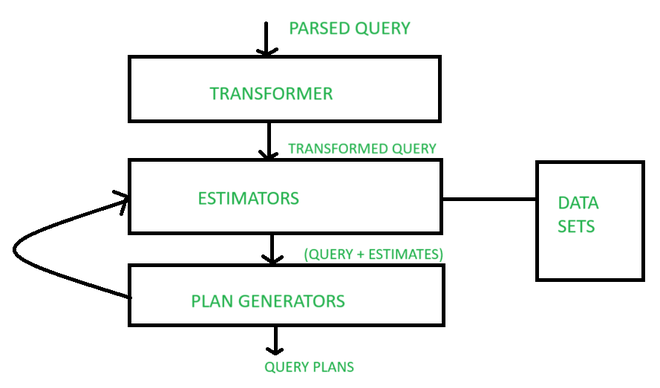Query Optimization in DBMS
Query optimization plays a crucial role in ensuring the efficient and effective functioning of a database management system (DBMS). It involves the process of designing and executing queries in a manner that minimizes response time and maximizes resource utilization. In this article, we will delve into the intricacies of query optimization in DBMS and explore some strategies to enhance the performance of your database system.
Why is Query Optimization Important?
Query optimization is essential for enhancing the overall performance of a DBMS. By optimizing queries, you can reduce the time taken to retrieve and manipulate data, thereby improving the responsiveness of your database system. This is particularly crucial in scenarios where large volumes of data need to be processed efficiently to support critical business operations.
Strategies for Query Optimization
- Indexing: Creating indexes on frequently queried columns can significantly improve query performance by allowing the DBMS to quickly locate relevant data within the database.
- Normalization: Normalizing database tables can reduce data redundancy and improve query performance by minimizing the need for excessive joins and data retrieval operations.
- Query Rewriting: Rewriting complex queries in a simpler and more optimized form can enhance query performance by reducing unnecessary operations and improving query execution efficiency.
- Use of Views: Utilizing views to precompute and store query results can minimize the computational effort required for query execution and improve overall performance.
- Query Caching: Implementing query caching mechanisms can help reduce the overhead of query processing by storing and reusing previously executed query results.
- Analyzing Execution Plans: Analyzing query execution plans generated by the DBMS can provide insights into query performance bottlenecks and help identify opportunities for optimization.
By implementing these strategies, you can enhance the efficiency and effectiveness of your database system, leading to improved query performance and overall system responsiveness.
Challenges in Query Optimization
Despite the benefits of query optimization, it comes with its own set of challenges. Some common challenges associated with query optimization in DBMS include:
- Complex Queries: Optimizing complex queries with multiple joins, subqueries, and aggregations can be challenging and may require advanced optimization techniques.
- Data Distribution: Optimizing queries in distributed databases with data stored across multiple nodes can be complex due to the need to coordinate data retrieval and processing operations.
- Dynamic Queries: Handling dynamic queries with varying parameters and conditions requires proactive optimization strategies to ensure efficient query processing.
- Resource Constraints: Limited resources such as memory, CPU, and storage can impact query optimization efforts and may require careful resource management to achieve optimal performance.
Despite these challenges, adopting a systematic approach to query optimization and leveraging advanced optimization techniques can help overcome these hurdles and improve the performance of your DBMS.
Conclusion
Query optimization is a critical aspect of database management that can significantly enhance the performance and efficiency of your DBMS. By implementing effective query optimization strategies and addressing common challenges, you can maximize the capabilities of your database system and ensure optimal query performance for your applications.
